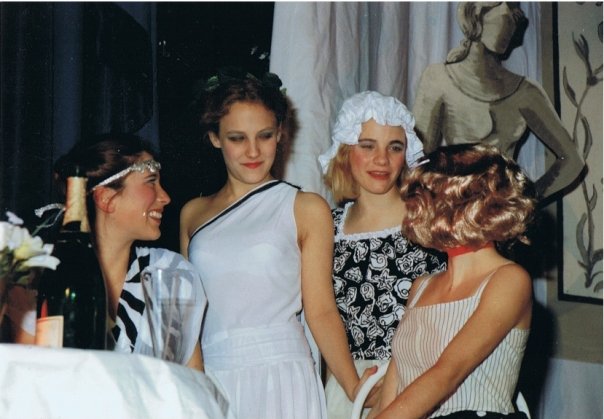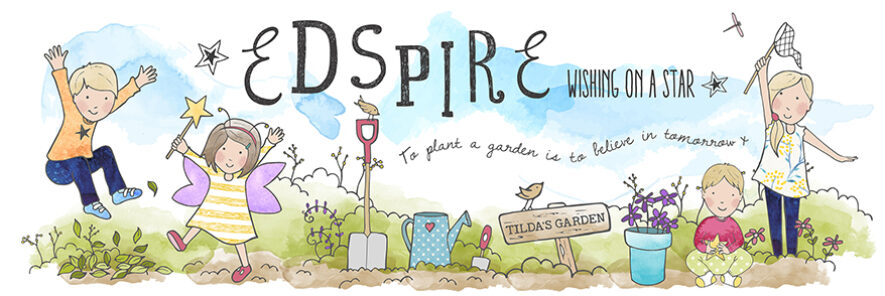This is a sponsored post
Throughout our lives, we are all faced with peer pressure at one stage or another. Sometimes, even as adults, we find ourselves in a position where our friends, family members or colleagues are influencing us to do something that we’re not necessarily comfortable with. Teenagers are even more at risk, as they try to make sense of their position in the world. With that said, it’s important for parents to try and teach their children how to spot and therefore avoid peer pressure. I have teamed up with an independent school in London to offer you some advice on teaching your child to resist peer pressure.

It would be wise to start by teaching your child what peer pressure actually is, by sharing some examples. You could even share your own personal experiences of peer pressure, to make it more relatable for them. Ask them what they consider a “true friend” and explain that they should never feel pressured to do something that they don’t want to do. Help them find the confidence to say no and teach them that being unique, rather than following the crowd, is what makes them special.

It’s also important to provide your child with a home environment in which they feel comfortable opening up to you about this type of thing. If they feel you might be judgemental towards them or their friends, they might keep potentially damaging information to themselves, which won’t help anyone. So, if your child talks to you about something their friends have done or plan to do that you don’t necessarily agree with, avoid lecturing your child about it so that they don’t become defensive. Instead, provide a listening ear and constructive advice when it’s needed.
Try and refrain from setting your child up for failure with comments like “He’s going to get you into trouble”, because it implies that you don’t trust their judgement. Instead, try to carefully highlight the consequences of certain actions by saying things like “I wonder if your friend knows they could be expelled from school for doing that”.
If you are concerned about your child’s friendship group and the influence they are having, don’t hesitate to contact the school. The teachers will be able to keep an eye on your child and the rest of the group and potentially set up seating plans or group work that encourage them to make new friends.
